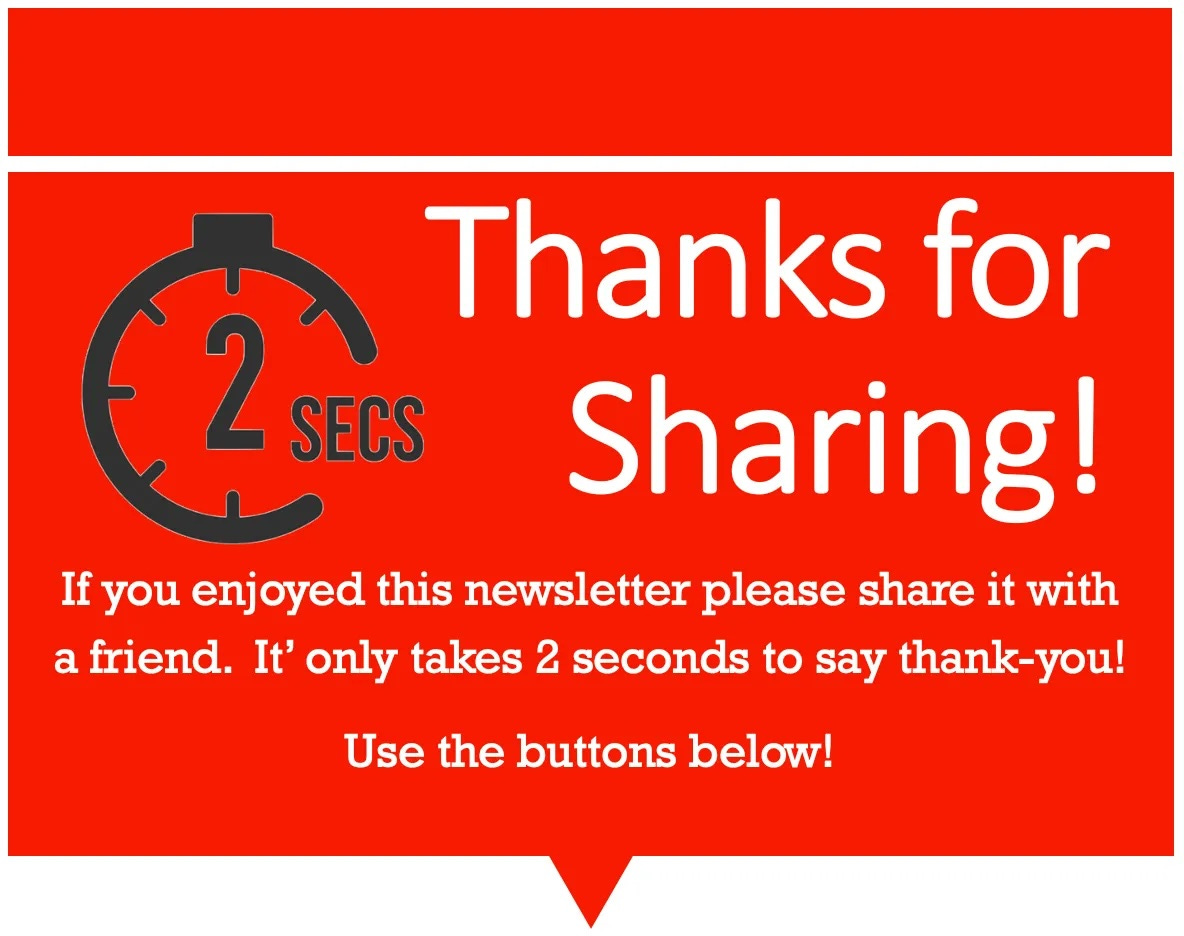DIGITAL EURO PROGRESS REPORT: FULL SPEED AHEAD
The ECB is doing a stellar job on the digital euro and communicating to the public.
The European Central Bank (ECB) is going “full speed ahead” on the digital euro and just published another progress report on the “Preparation Phase.”
The report summarizes their progress, and my takeaway is that the ECB is working hard to focus on people’s key issues: privacy and offline payments.
The ECB has gone all-in on offline payments, which is good because a recent survey by the Bundesbank showed that 59% of German respondents thought it was important!
👉TAKEAWAYS
Guaranteeing digital euro user privacy
🔹 The privacy and data protection of digital euro users have been fundamental to the project from the beginning, in line with the “privacy by design” approach.
🔹 The design of the digital euro includes an offline functionality that would offer users a cash-like level of privacy, both for person-to-person payments and payments in physical shops.
🔹 The Eurosystem would not be able to directly identify end users or link any of the data it processes to an identified end user. This feature in itself provides higher privacy and data protection than typically provided by current commercial solutions.
🔹 PSPs, would only have access to online digital euro transaction details to the extent necessary to ensure compliance with EU law, such as anti-money laundering rules
🔹 The Eurosystem would put in place strong rules to protect user information and would in turn be supervised by independent data protection authorities.
Offline payments: The Apple problem solved
🔹 A digital euro would be available for both online and offline use and could be used for person-to-person payments as well as in physical shops.
🔹 For mobile phones, delivery of the offline functionality is contingent on access the near-field communication (NFC) antenna and the secure element. (Apple only allows Apple Pay access to its NFC system! )
🔹 The Apple Problem Solved: “According to Article 33 of the current Regulation, equipment manufacturers and providers of electronic communication services should grant effective access to the secure element installed in users’ devices.
🔹 Alternative form factors like battery-powered smart cards and non-powered smart cards which use a “bridge-device” to connect are also being investigated.
The digital euro will be free for citizens to use but have fees for merchants and merchant aquirers. This is like cards today, but with a big difference: the fees are all capped. This will make the digital euro way cheaper for merchants than cards
👊STRAIGHT TALK👊
The ECB is making great progress and is to be commended for its clear communications with the public.
I noted one change of tone. This report is perhaps stronger than its predecessors in claiming the need to build an EU payment system to escape Visa and Mastercard.
The ECB wants its own payment system, and here’s why: “Card schemes account for close to two-thirds (64%) of all electronically initiated transactions made with cards issued in the euro area, and 13 out of the 20 euro area countries rely on them entirely.”
The ECB does not seem to have made any progress with defining holding limits, bit I think this is to be expected. No matter what number they choose, it would be pounced upon as either too high or too low so it’s better to leave it undefined for now and focus on people’s privacy.
The other breakthrough is that Apple iPhone NFC systems will be open for the digital euro. At present, Apple’s NFC system can only be used with Apple Pay, and the ECB clearly states that access must be provided.
I’m not surprised about that one bit. This was also an issue in China, where Apple’s NFC system still has access issues. The EU’s ongoing lawsuits with Apple make it obvious that the ECB won’t take no for an answer.
Kudos to the ECB, great progress and update!
What do you think?
Joining our community by subscribing. It will be an exciting journey down the rabbit hole to our future, and you’ll be glad you did!
Sponsor Cashless and reach a targeted audience of over 50,000 fintech and CBDC aficionados who would love to know more about what you do!









